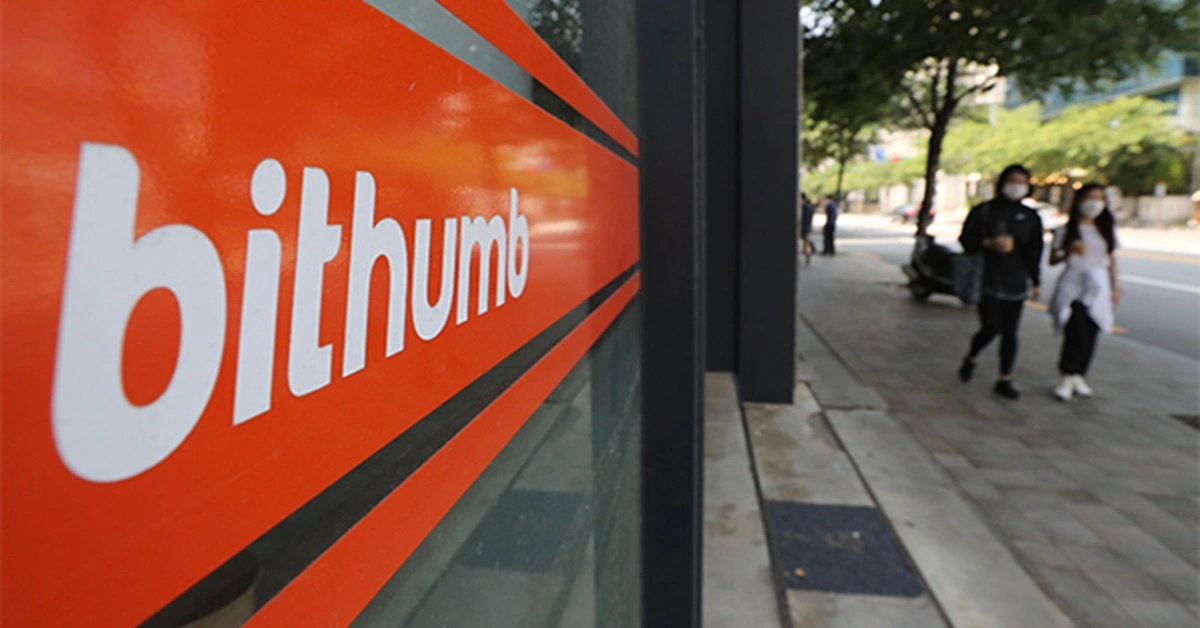South Korea’s Crypto Exchange Landscape: A Battle of Titans
The South Korean cryptocurrency market, long characterized by intense competition and rapid innovation, is currently witnessing a remarkable shift. The rivalry between two prominent exchanges, Upbit and Bithumb, is heating up, signaling potential changes in market leadership and investor dynamics. Understanding their evolving roles offers insight into the broader trends shaping South Korea’s digital asset ecosystem.
—
Upbit’s Reign: The Established Giant
Since early 2021, Upbit has dominated South Korea’s crypto space with a commanding market share of approximately 80-85%. This dominance stems from several key factors:
– Early Market Entry and Strategic Expansion: Being one of the earliest movers, Upbit secured a large user base and leveraged it through robust technology platforms and extensive coin listings.
– Volume Leadership: Upbit consistently reports monthly trading volumes exceeding $3 billion, making it one of the largest exchanges worldwide by volume.
– Regulatory Navigation: Despite facing investigations related to Know-Your-Customer (KYC) violations and security concerns involving repeated hacking attempts, Upbit has sustained investor confidence and operational continuity.
– Revenue Powerhouse: In the first quarter of 2024, Upbit posted earnings exceeding $670 million, underscoring its financial strength and market influence.
The combination of these elements has kept Upbit firmly atop the market, shaping trading behavior, coin prices, and participating actively in policy dialogues around regulation.
—
Bithumb’s Resurgence: A Strategic Comeback
Once suffering a setback, Bithumb has staged a robust comeback, reclaiming a significant portion of South Korea’s crypto trading volume:
– Market Share Climb: Bithumb surged from a single-digit share in 2023 to approximately 25% of total crypto trading volume in recent months. Some reports even suggest it attained up to 72% market share in certain periods, demonstrating volatile yet impressive gains.
– IPO Ambitions: One of Bithumb’s largest strategic moves ahead is its projected $1 billion initial public offering (IPO) slated for late 2025. This move is designed to bolster capital, increase transparency, and solidify its position amid a competitive market.
– Corporate Restructuring: Ahead of the IPO, Bithumb has initiated corporate restructuring by spinning off non-exchange segments, focusing efforts on core trading operations, and preparing for expanded market presence, including potential entries into the U.S. Nasdaq market.
– Performance Metrics: In 2024, Bithumb reported net profits of $110 million, a stunning 560% increase from the previous year, reflecting effective operational turnaround amid ongoing regulatory pressures.
– Regulatory Challenges: The exchange has not been free of scrutiny; Bithumb’s offices were raided due to investigations into price manipulation. However, these challenges have not stopped its market ascendancy.
Bithumb’s aggressive tactics and revitalized performance have disrupted Upbit’s long-standing supremacy and positioned it as a formidable challenger in South Korea’s crypto exchange race.
—
Market Dynamics: Shifting Trading Volumes and Investor Behavior
The rivalry unfolds within a broader context of rising crypto trading activity in South Korea:
– Trading Volume Surge: In the last 100 days leading into 2024-2025, South Korea witnessed a significant uptick in daily crypto trading volumes, often surpassing $18 billion on peak days.
– Pair Dominance: Trading pairs involving Korean won (KRW), especially XRP/KRW, have gained prominence on both Upbit and Bithumb, significantly influenced by South Korean traders’ interest in Ripple’s XRP token, which recently surpassed Solana and Tether in market capitalization.
– Fee Competition: A fierce fee war between major exchanges has intensified to attract and retain traders. Upbit’s historical dominance with 82% market share is being chipped away as Bithumb deploys more competitive fee structures.
– Market Sentiment: South Korea’s crypto market sentiment is influenced by global stimuli including U.S. Federal Reserve policies, crypto ETF developments, and geopolitical events, which affect investor strategies domestically.
—
Regulatory Landscape: Challenges and Adaptations
South Korea’s regulatory environment, robust and evolving, has played a dual role of fostering market credibility while imposing constraints:
– Compliance Pressure: Both Upbit and Bithumb have been under investigation for issues like KYC violations, price manipulation, and political scandals, resulting in raids and stricter internal controls.
– Crypto Policy Developments: Proposals to introduce policies such as crypto ETFs and mandatory disclosure rules for public officials’ crypto holdings have added layers of compliance complexity.
– Exchange Consolidation: Smaller exchanges are shuttering due to regulatory burdens, leaving a handful of major players like Upbit and Bithumb to shape the market structure.
– IPO as a Regulatory Signal: Bithumb’s move toward an IPO reflects a trend of exchanges seeking public market validation and transparency in response to regulatory scrutiny.
—
Global Ambitions and Market Positioning
South Korea’s exchanges are not limiting themselves to domestic markets. Bithumb’s exploration of a Nasdaq IPO represents a strategic push into global financial markets, aiming to:
– Attract International Investors: Public listing on a major U.S. exchange could enhance capital inflows and corporate governance standards.
– Expand Market Access: Increased visibility abroad may open doors to cross-border retail and institutional clients.
– Elevate Market Credibility: Competing with Upbit globally by setting higher regulatory and operational benchmarks.
Meanwhile, Upbit remains a top five global crypto exchange by trading volume, underscoring the global footprint of Korean exchanges.
—
Conclusion: The Dawn of a New Era in South Korea’s Crypto Exchange Market
The escalating contest between Upbit and Bithumb embodies the evolving nature of South Korea’s cryptocurrency ecosystem—a landscape driven by technological innovation, competitive fee structures, regulatory challenges, and strategic corporate decisions. While Upbit maintains a commanding lead built on years of dominance and scale, Bithumb’s impressive resurgence, aggressive restructuring, and IPO ambitions signal the potential for a more balanced, dynamic market.
As investor interest surges and trading volumes reach new heights, the coming years promise intensified rivalry and innovation, possibly setting new global standards for crypto exchanges. South Korea’s market, framed by this duel of giants, continues to be a bellwether for the broader crypto industry’s maturity and resilience.





